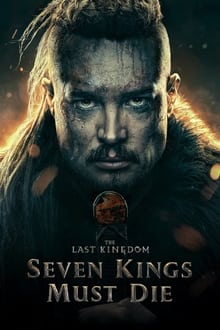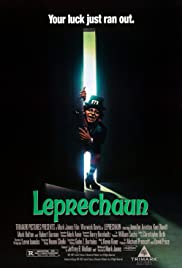
Drawing inspiration from a poem penned by Castro Alves, this film vividly captures the political, cultural, and intellectual climate of Brazil during the late 1970s. At its core, the story revolves around four distinctive embodiments of Christ’s image: a black man, a soldier, an Indian, and a guerrilla fighter. These courageous individuals, hailed as the harbingers of doom in the tupiniquim lands, valiantly combat the insatiable avarice and oppressive “civilizing” brutality propagated by the formidable John Brahms—a foreign exploiter devoid of morals.
You May Also Like

Jai Simha Reddy, a businessman in Turkey and doting son of Meenakshi falls in love with Eesha. On the verge of his marriage, Jai comes to know the secret about his father Veera Simha Reddy who comes to Turkey to settle the marriage, which is when Jai meets his father for the first time. Things take a drastic turn around when Veera’s past follows him to Turkey.

In the wake of King Edward’s death, Uhtred of Bebbanburg and his comrades adventure across a fractured kingdom in the hopes of uniting England at last.


Furuta Oribe is ordered to become tea master under Toyotomi Hideyoshi after his teacher Sen no Rikyū, the former tea master, was ordered to commit suicide. Princess Goh, daughter of the lord but adopted by Hideyoshi, is outraged when Rikyū’s severed head is thrown in the Nijo River. She sends Usu, Oribe’s servant, to retrieve the head and deliver it to Rikyū’s adopted daughter.

A mystery woman turns vengeful after a college athlete dumps her following a one-night stand.

Molly is struggling with being a new mom, but after meeting Beth, things temporarily improve only to turn as Beth’s dark intentions are brought to light.

A rich couple often spices up their sexual relationship by doing their so-called Sex Games. But when they meet a new set of “playmates”- a conservative couple, their game becomes more challenging.

Hayami Teruya is a dedicated salaryman who does a workman like job as the chief editor for a magazine. He has personal charm, get along with both the publisher and subordinates and runs the ship well. Chatting with his direct boss he picks up a certain vibe. Did he misunderstand that the magazine is doomed and will be terminated? If so, he is not going down without a fight. He will fight to make it through and keep his, and the others’, jobs.

During the Vietnam War [1959-1975] a special US combat unit is sent out to hunt and kill the Viet Cong soldiers in a man-to-man combat in the endless tunnels underneath the jungle of Vietnam. Suicide squads of a special kind.

A horrific Leprechaun goes on a rampage after his precious bag of gold coins is stolen. He uses all of his magical destructive powers to trick, terrorize and kill anyone who is unlucky enough to hinder his relentless search. In a frantic attempt to survive the wrath of the Leprechaun, Tori and her friends scramble to find the only weapon known to kill this Irish monster…a four-leaf clover.
